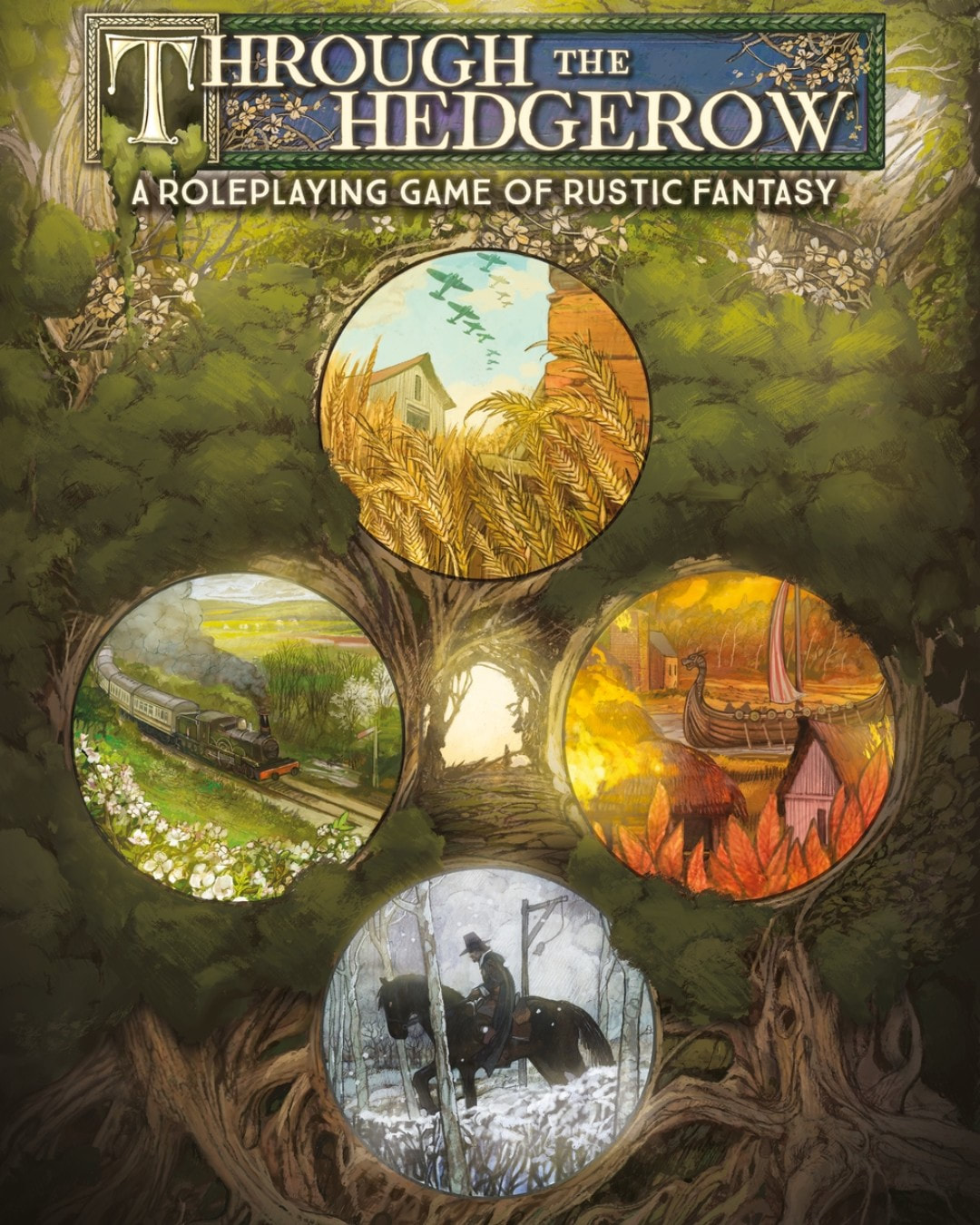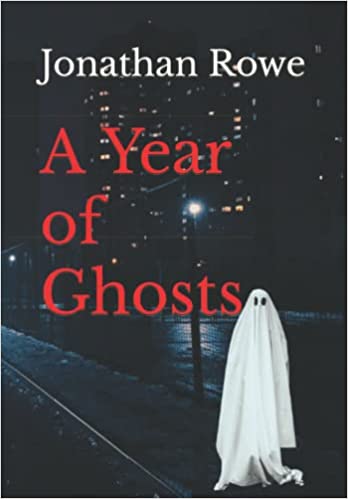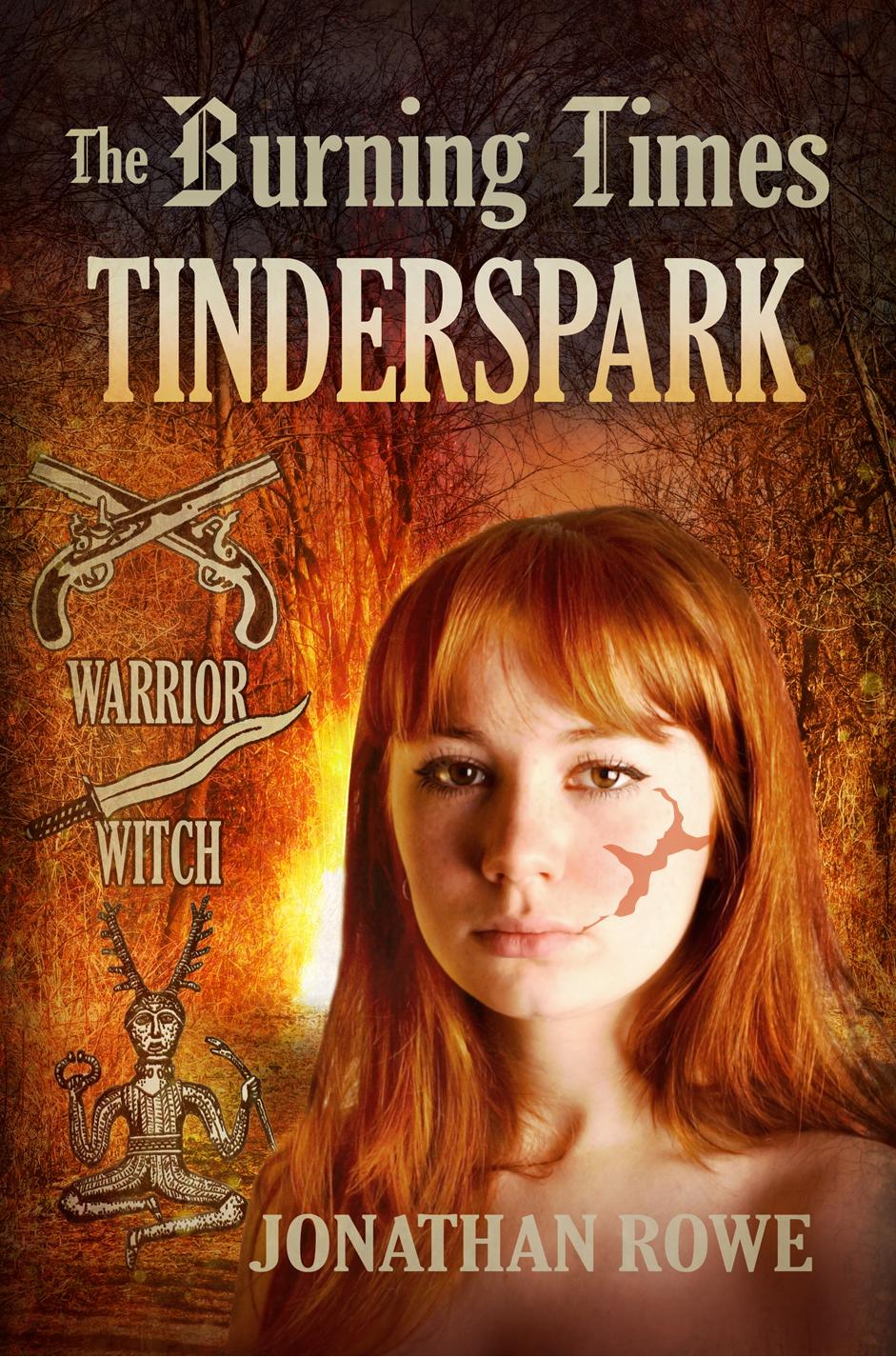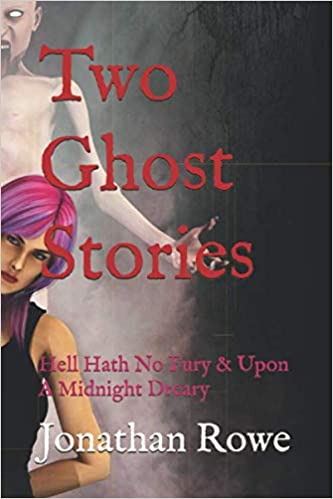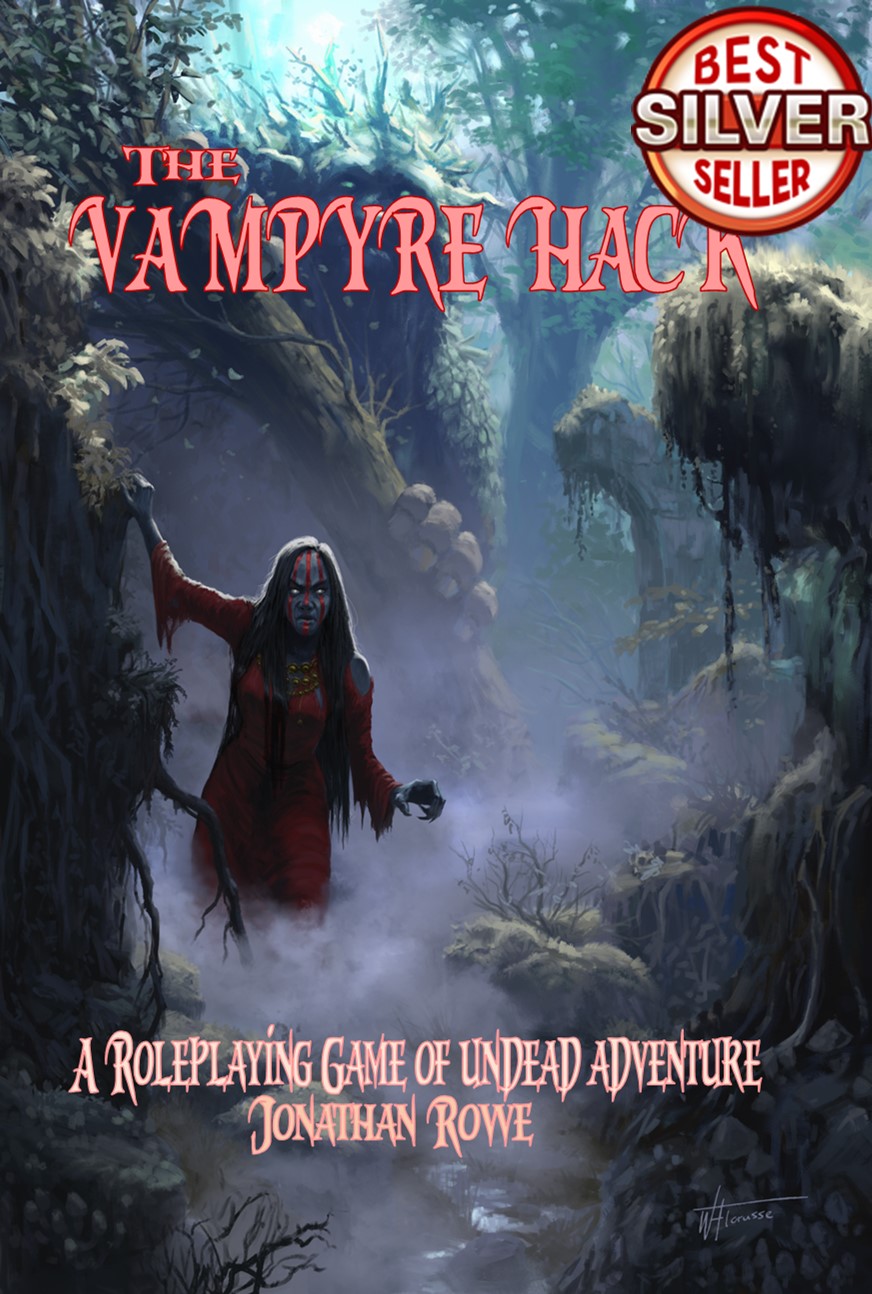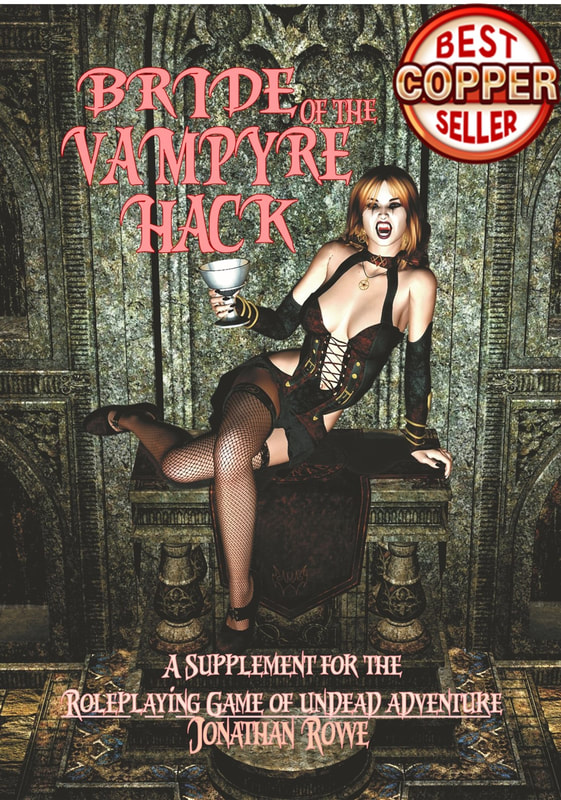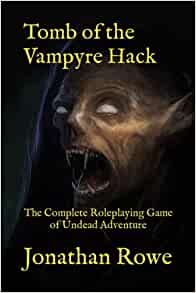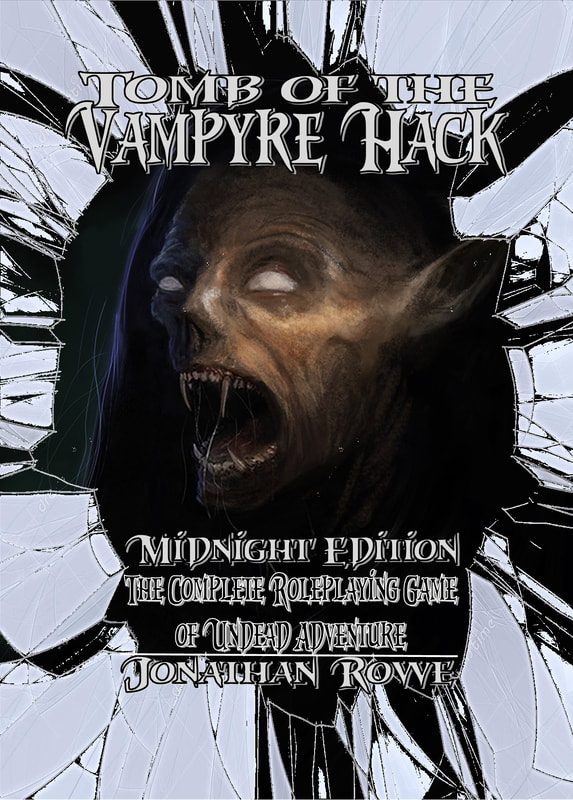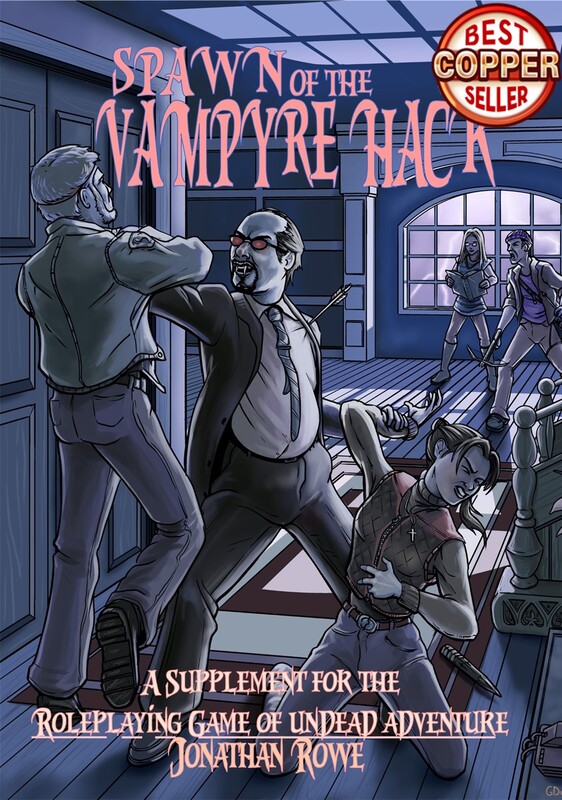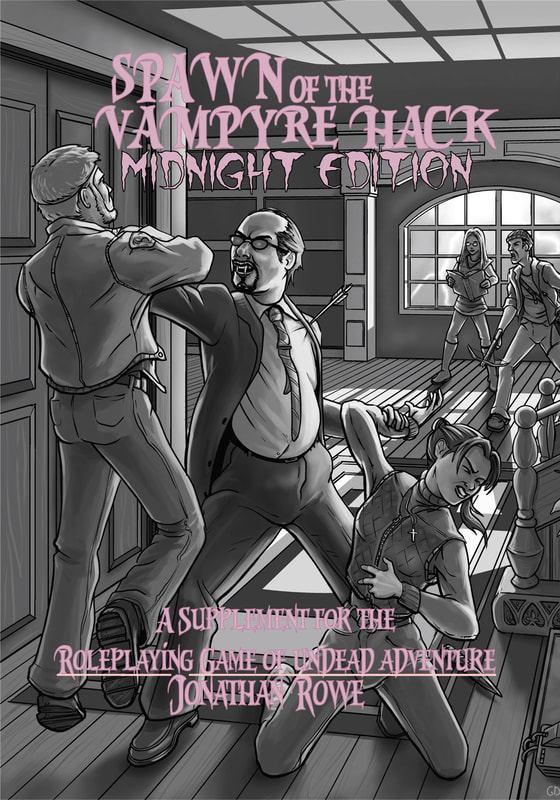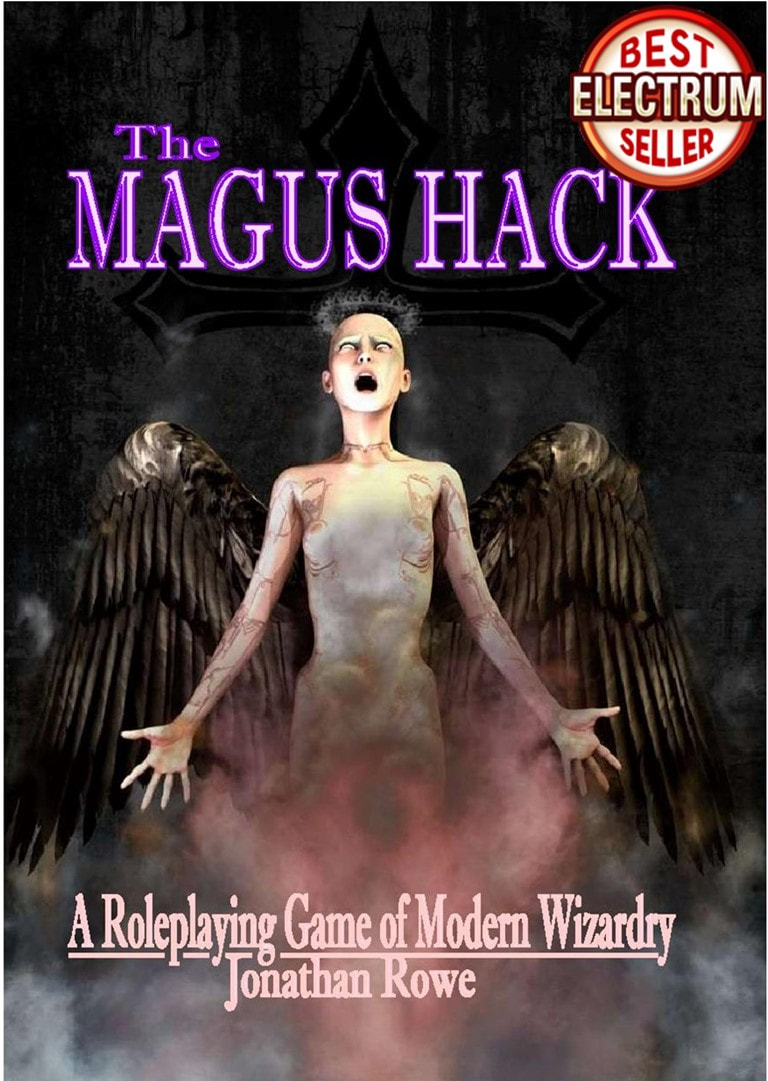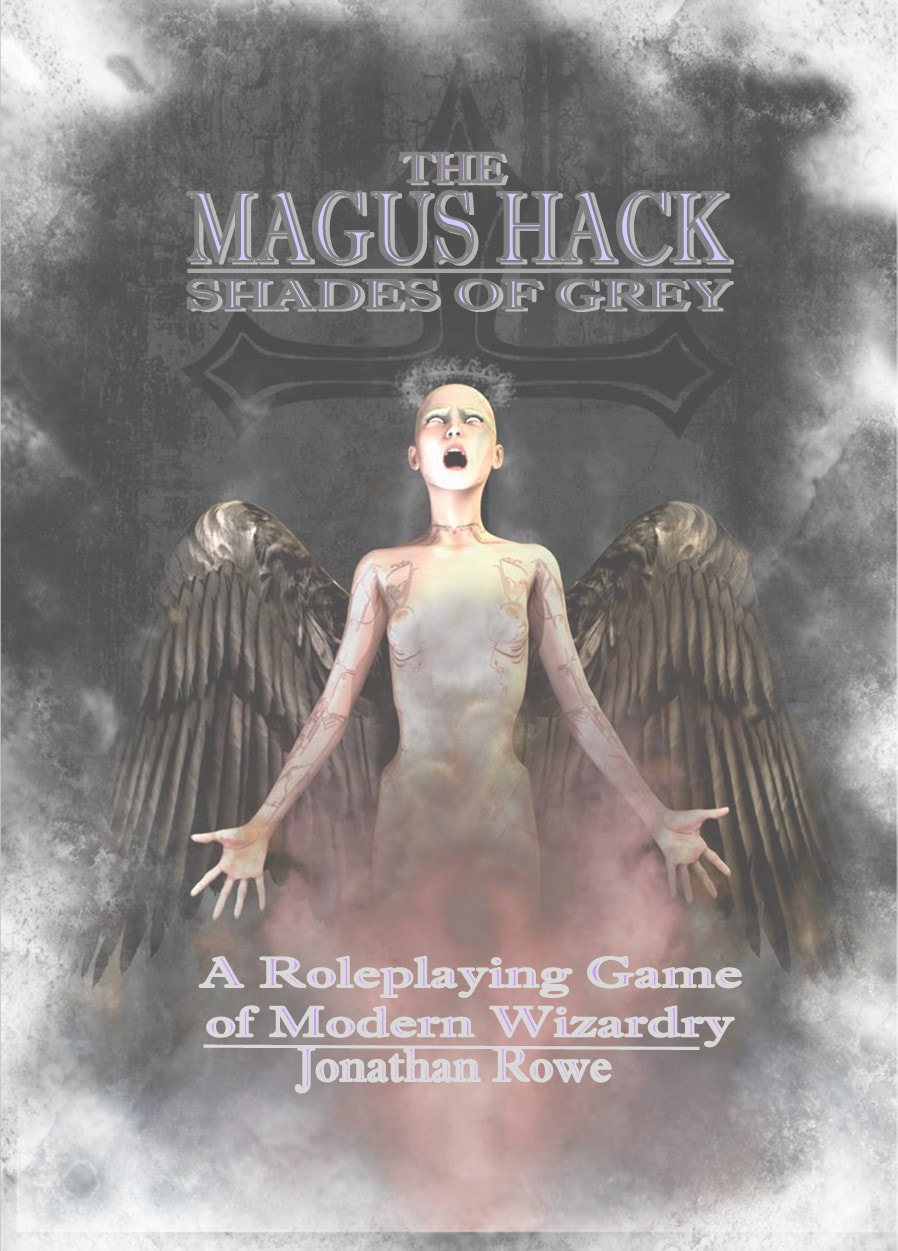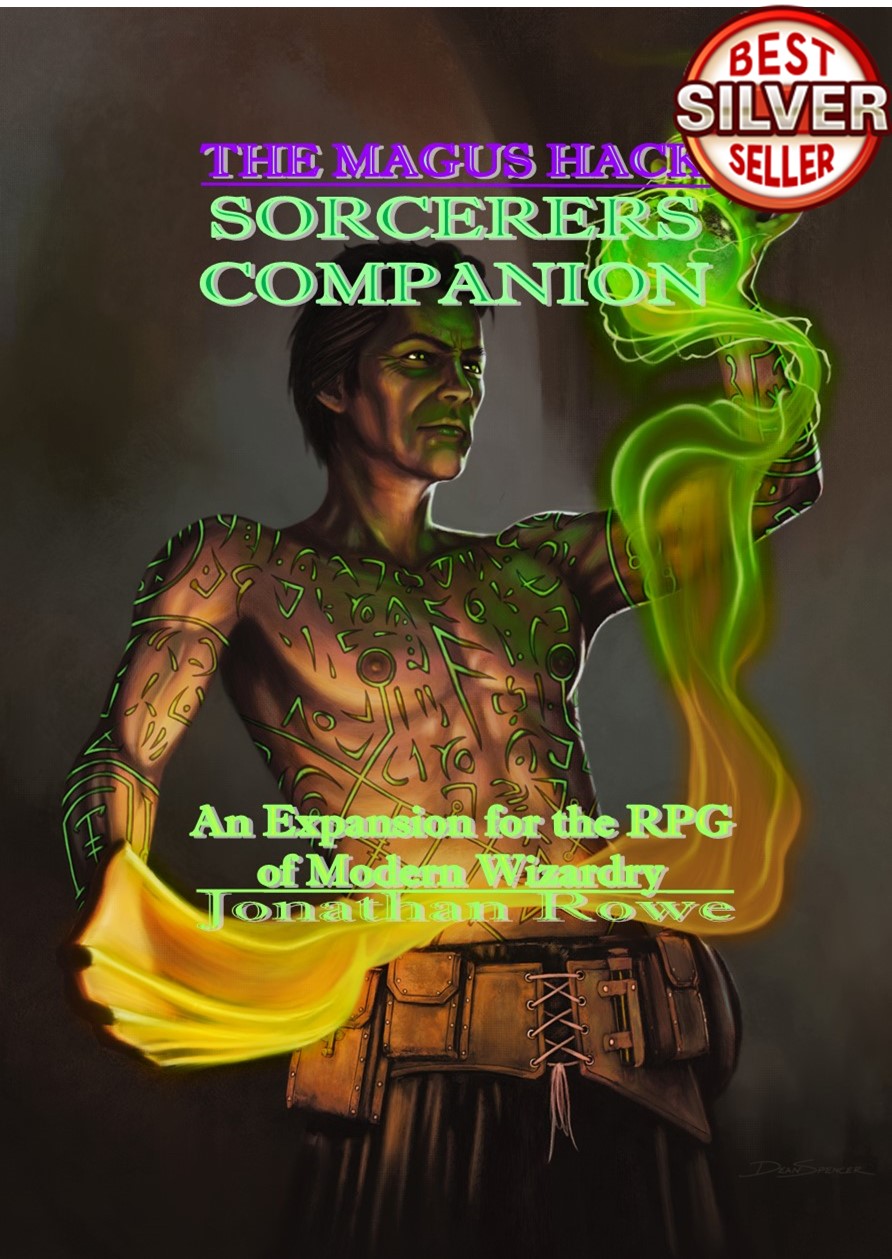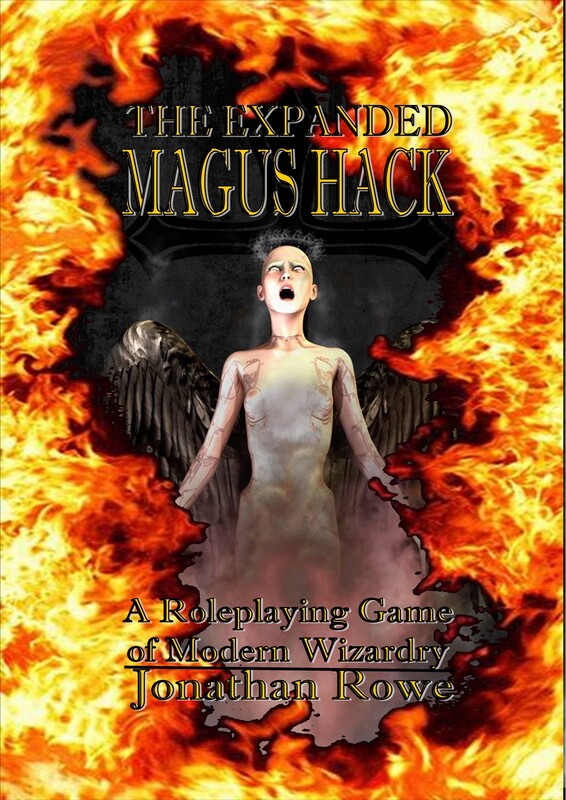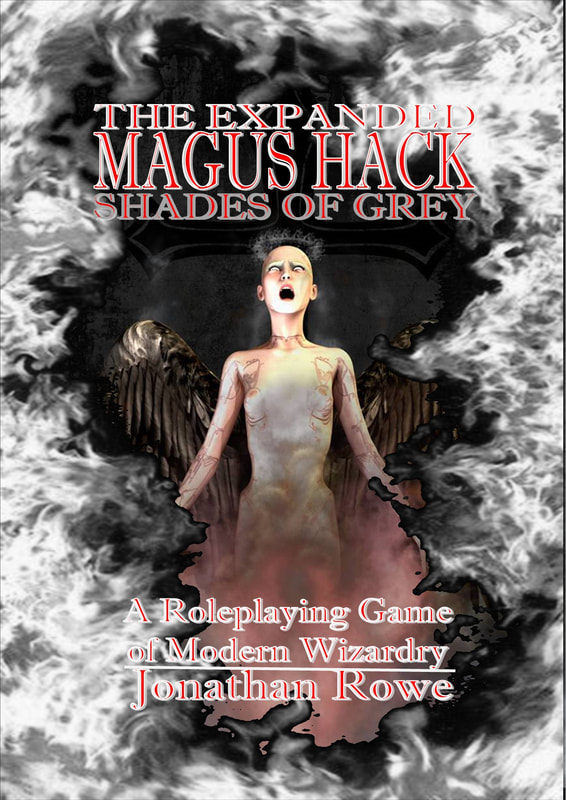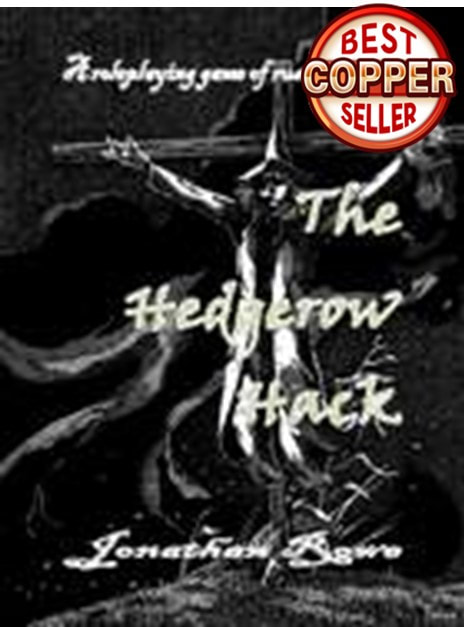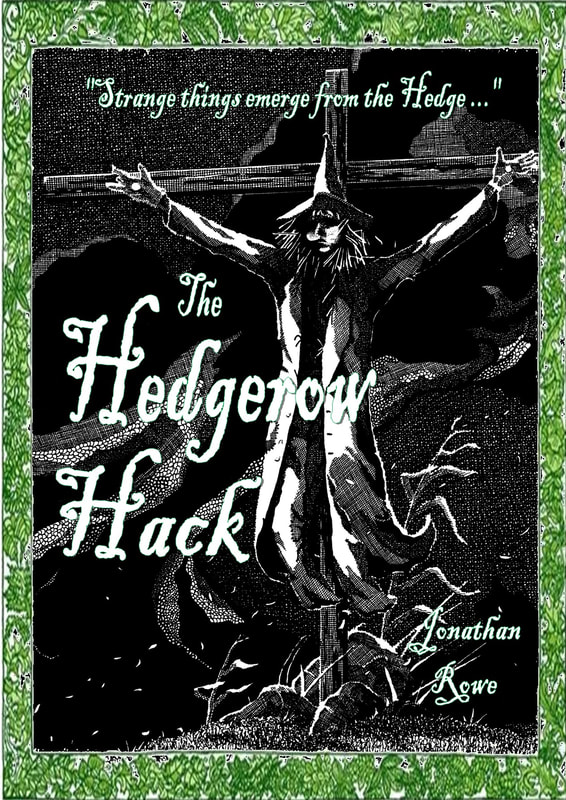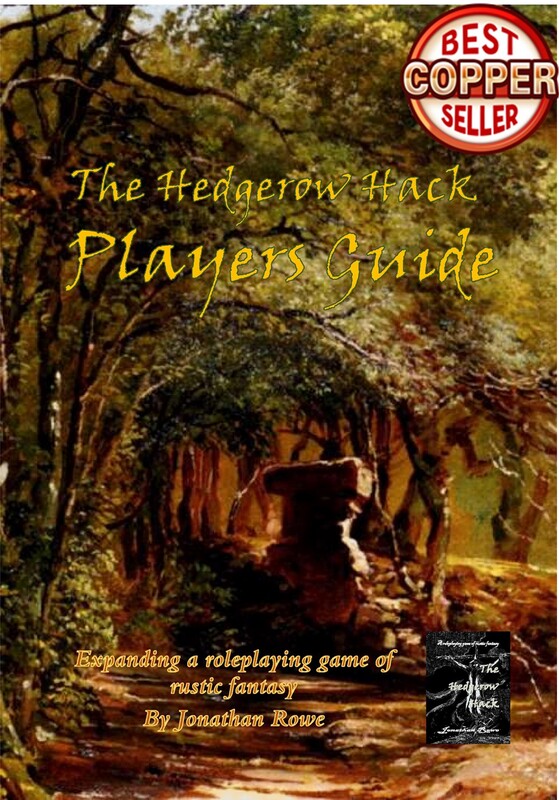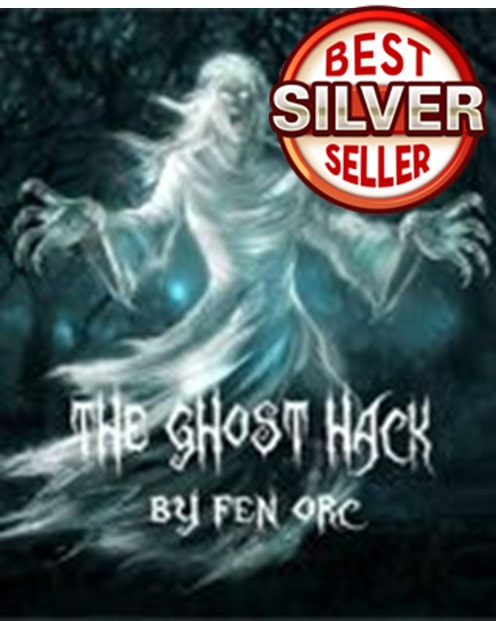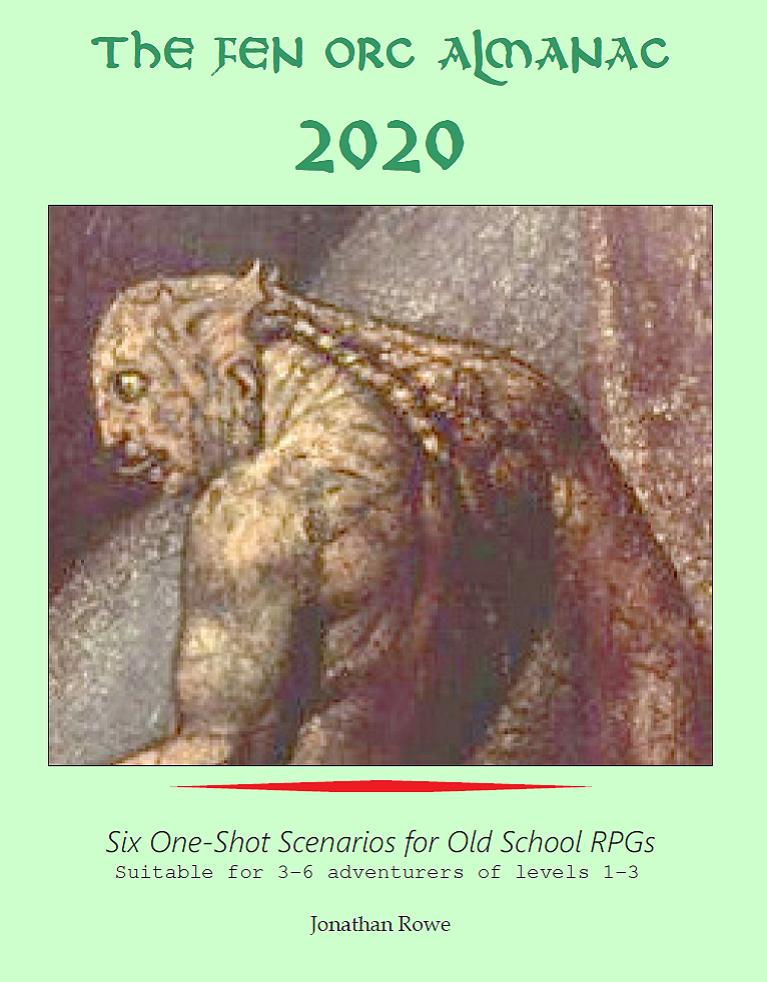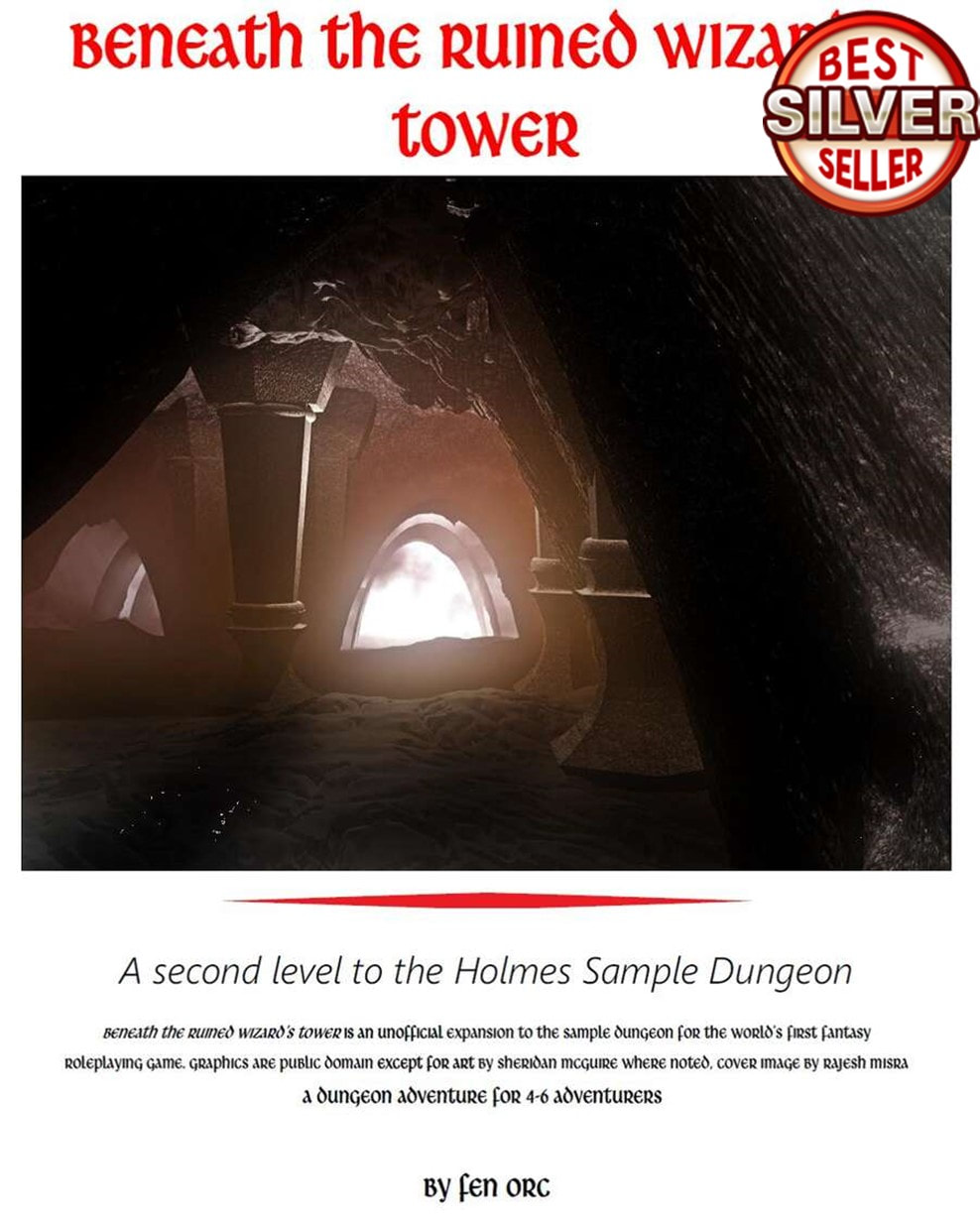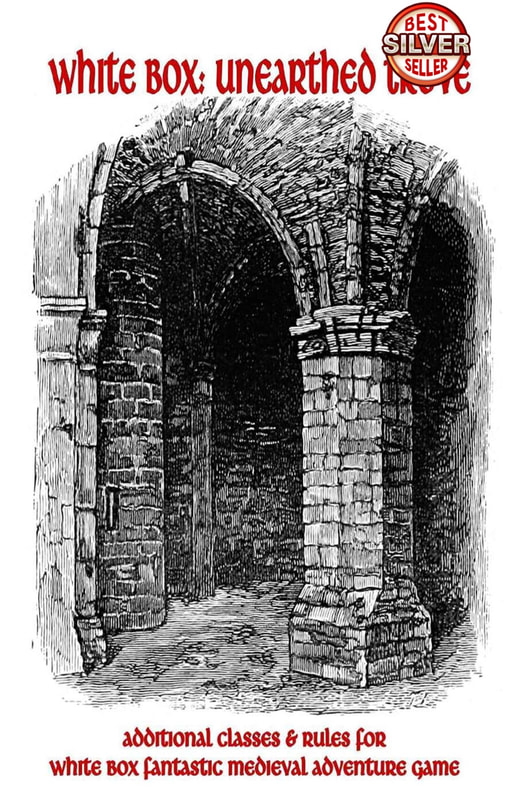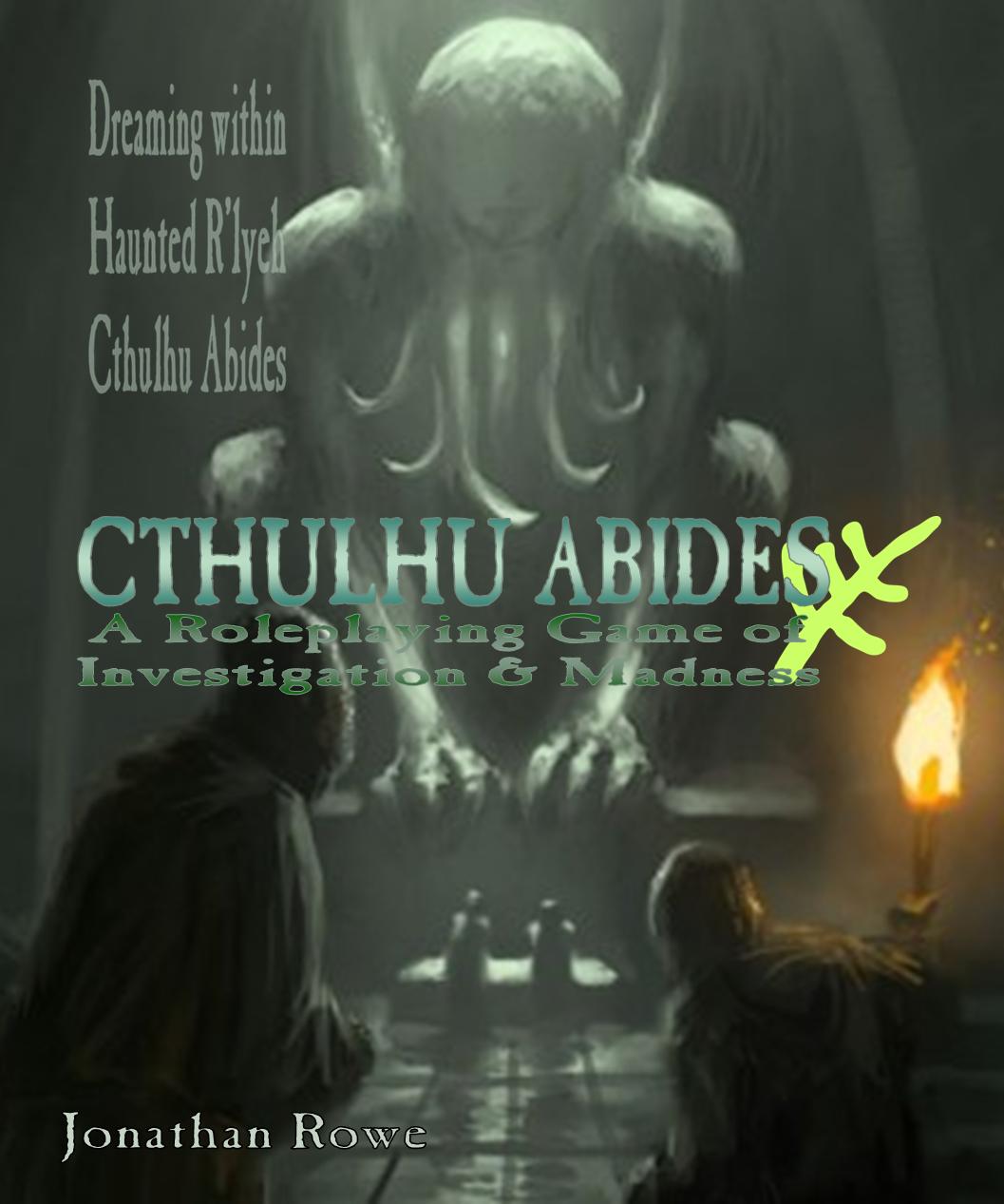|
Oooh-weee! Didn't THE MAGUS HACK meet with a lot of love! So, hot on its heels follows the big book of everything that didn't make it into the rules book, plus afterthoughts: THE SORCERERS COMPANION. Both books are on driverthrurpg but there are physical copies on Amazon of the rules and the expansion. But what, I hear you enquire, is it all about? The Magus Hack makes no secret of its status as a love letter to Mage: The Ascension (see blogs passim) and my deep affection for David Black's The Black Hack as a thoroughly-modern way of channelling OSR sensibilities into roleplaying. The Magus Hack lets you roll up modern wizards on the classic 6 Stats wit Hit Dice and Hit Points, choose your Philosophy (an oh-so-familiar Nine are provided) and customise yourself with Virtues. The Sorcerers Companion doubles the number of Virtues and adds templates based around functional Archetypes rather than the Mage-baiting Philosophies. All well and good, but where's the beef? Magic: Does Sir prefer Simple or Crunchy?Magic gets a lot of thought. My original magic rules were tough and granular, starting 1st level Magi off as rather ineffective and forcing you all the time to trade range and duration against effectiveness. I'm a fan of that sort of thing, but I think I took it too far: people play OSR Hack-inspired games for high-jinks and adventure, not agonising decisions. So I loosened up the requirements, making charges more easily available for starting characters and reducing the likelihood of magic failing outright. I went a bit further! I added a Simplified Magic System if you don't want any crunch at all. Basically, if you want a story-driven game where you're happy for the GM to make all the calls about how magic actually works out, this Simplified System offers a single dice roll and does away with the trade-offs. Now you can hack The Mage Hack itself and decide how YOU want your Modern Wizardry RPG to play out. For the purists like myself who want crunchy, granular magic, I offer 30 magical effects broken down into the Schools they draw on and what you can accomplish with different amounts of mystical charges. All the classics are here: Dispel Magic, Scrying, Astral Projection, Warding and good old Fireball. Familiars, Daemons and Dragons, oh my!Then the fun starts. Familiars get a chapter. Now, The Magus Hack already lets you choose a Hallows that boosts your magic and this could be a pet creature or a person. Then there's the Companion Virtue, which lets you have an assistant who's an animal or a daemon or a faerie or whatnot. You can combine the two, into a Hallows-Companion. All of these options could reasonably be called Familiars. But the new Familiar rules let you summon a creature that actually has its own Schools of Magic that it can combine with yours without any penalty. Well, without penalty, but not without cost. Before you can start using your Familiar in a game, you have to wake it up by feeding it raw magic ("Thaum") and the more powerful it gets, the hungrier it is. Pocket-Dimensions get some consideration. These are personal paradises: spiritual hideaways where you can customise the laws of nature to your taste. You can do this with magic, but it's helluva expensive. The easier option is to draw on your Hubris Die. Now this is great and it generates lots of charges you can spend customising your realm as a space station, gothic fortress, undiscovered continent or alien citadel. The only catch is that your Hubris Die gets bigger every time you roll a 1-2: that way madness definitely lies. The Magus Hack tries to be setting-neutral, but I felt I needed to offer some rules for Daemons (angels, actual demons and elementals) and Dragons. There are tables to help you customise these awesome entities. And I add rules for magical duelling - the Magonas, based on ancient Greek traditions. I'll add more ideas for 'Wizard Sports' on this website. The Story GeneratorIn a way, this bit is my pride and joy. Modern Wizardry games sound cool. You think of arcane duels in alleyways and confrontations with dragons in gleaming skyscrapers, but coming up with stories for such a setting can be tricky. Here is a set of tables that offer you an Opponents, their Dark Deeds, their Nefarious Ends, your Involvement and Motivation, what you're trying to achieve as your Awesome Goal and the Plot Twist and final Showdown, with some extra rolls for Cool Locations. Here's the very first plot I rolled up: I mean, jeez, wouldn't you pay to see that movie? And that's not even the best plot I rolled up - and I rolled up six. My favourite is The Dragon Child's Last Gift to Mankind. I think I'll use the system to roll up 30 or 40 plot hooks and put them in a future product as micro-scenarios. I feel Sorcerers Companion takes the rather flippant The Magus Hack and turns it into a weighty and flexible RPG in its own right. A combined Expanded Edition will be along in due course. Then, original art and a Second Edition, let's hope.
I wanted to create something that would let me play the sort of games that White Wolf's '90s RPGs opened my eyes to, but with familiar mechanics of levels, hit points, saving throws and Stat tests. I feel really proud of this one. Yes, The Hedgerow Hack is my true sweetheart, because's it's properly original, but I like what I've done with The Magus Hack as a achievement in rules-wrangling. I hope you enjoy it too.
0 Comments
Leave a Reply. |
30 Minute Dungeons
Essays on Forge
FORGE Reviews
OSR REVIEWS
White Box
THROUGH THE Hedgerow
Fen Orc
I'm a teacher and a writer and I love board games and RPGs. I got into D&D back in the '70s with Eric Holmes' 'Blue Book' set and I've started writing my own OSR-inspired games - as well as fantasy and supernatural fiction.. Archives
July 2024
Categories
All
|

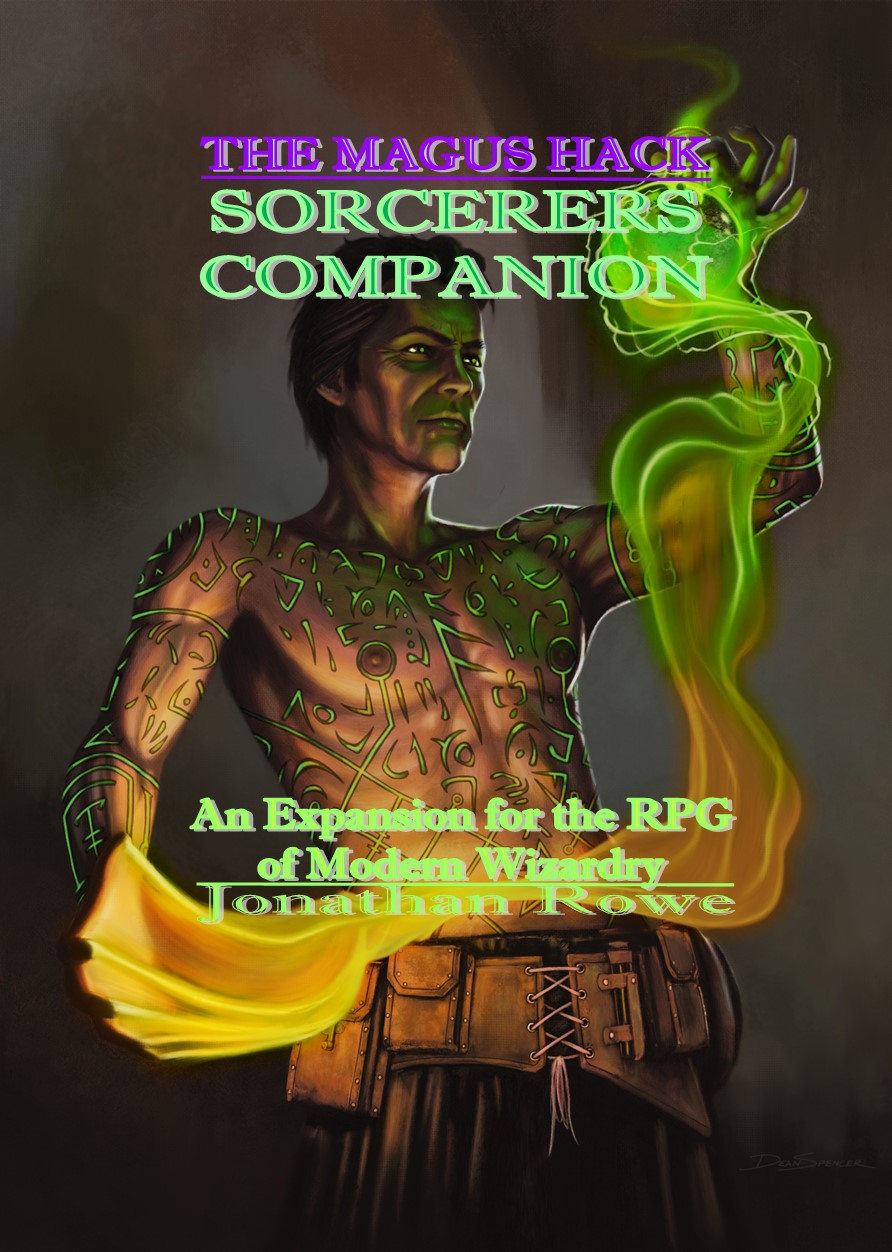
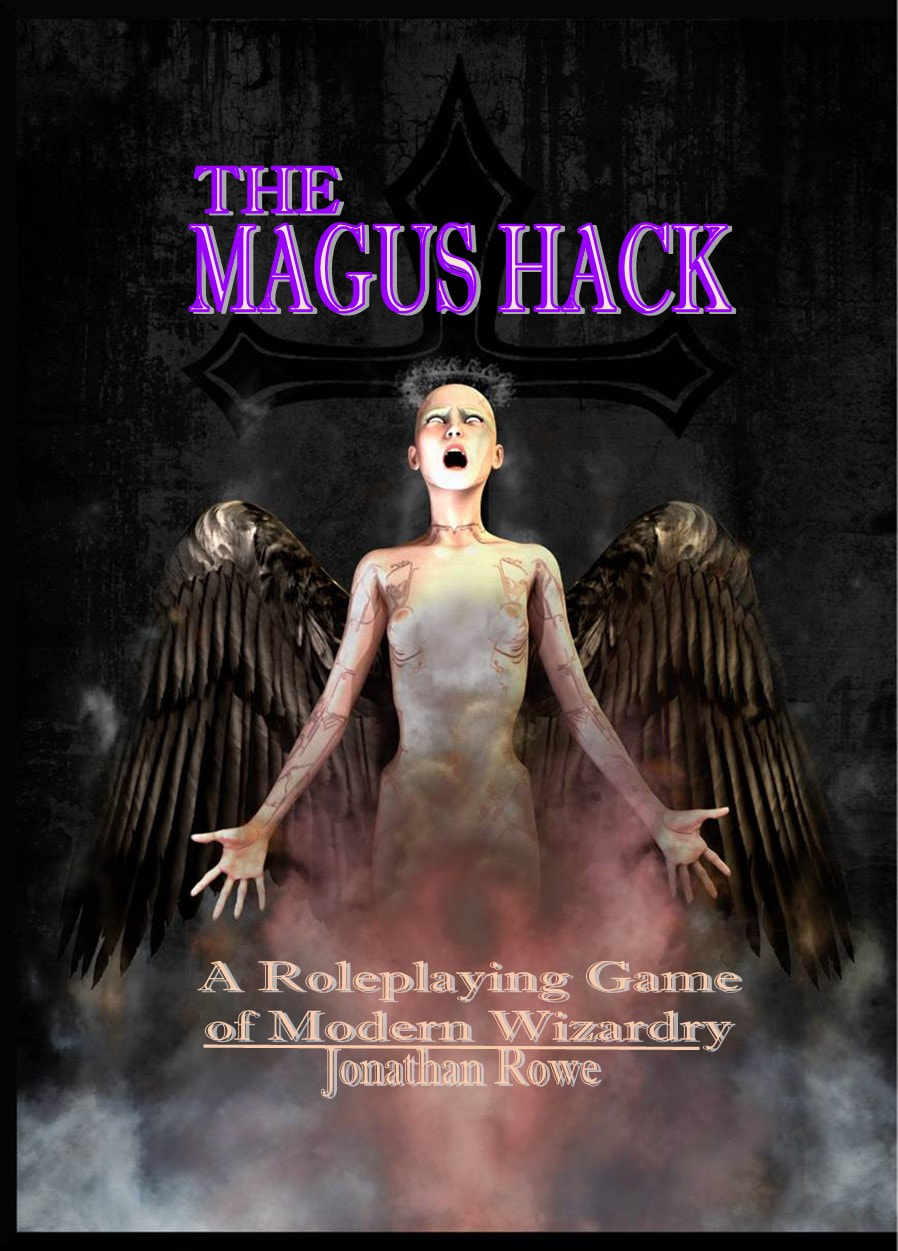
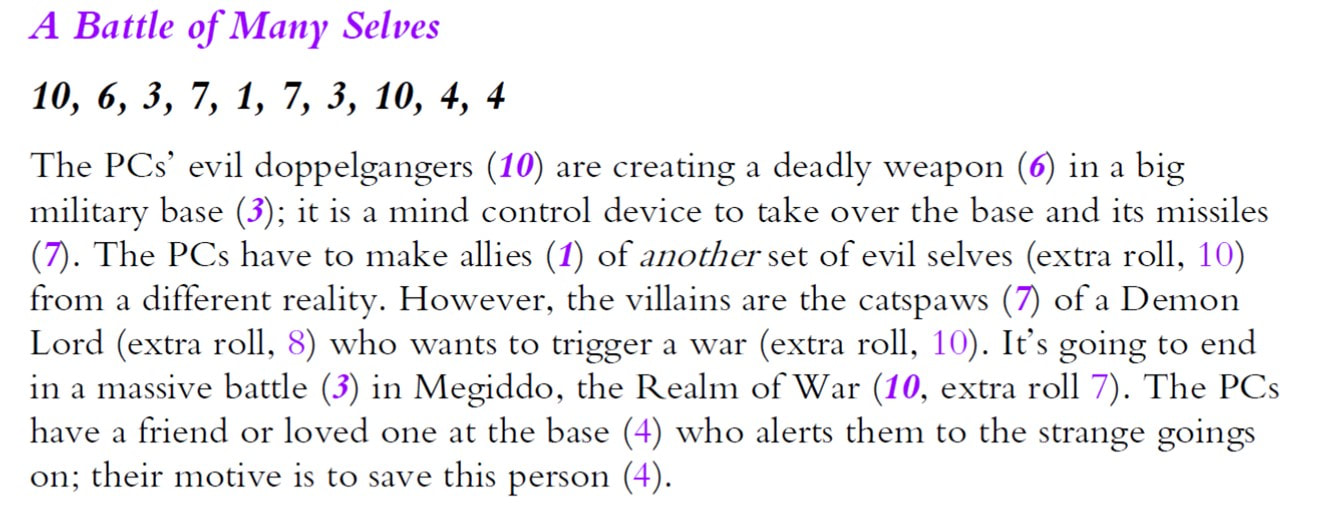

 RSS Feed
RSS Feed
